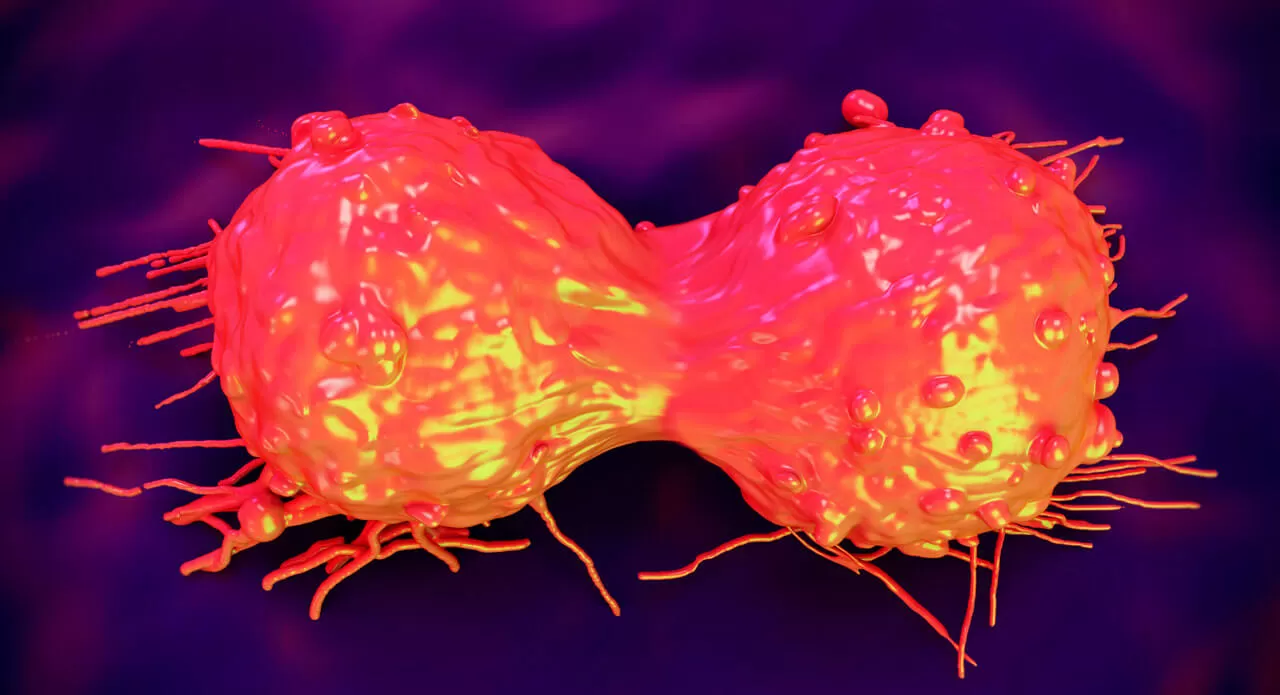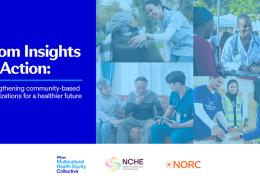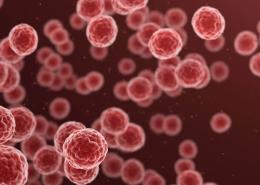Hope in the Cancer Battle: Declining Cancer Rates, Innovative Science Breakthroughs

The rate of deaths from all cancers combined continued its quarter-century-long steady decline in the U.S., according to the latest report by the American Cancer Society, with the death rate dropping 1.7 percent between 2014 and 2015— the latest year for which national statistics were available. Since 1991, cancer death rates have decreased 26 percent.
Cancer is still the No. 2 killer in the U.S., behind heart disease, but the latest report indicates there’s some promising news to take note of as we commemorate World Cancer Day on Feb. 4 and National Cancer Prevention Month in February.
A decrease in smoking in particular may have contributed greatly to plummeting lung cancer death rates—customarily measured as the number of deaths per 100,000 people— which dropped 45 percent from 1990 to 2015 among men and 19 percent from 2002 to 2015 among women, according to the report.
While those advances are promising, the statistics also show that much remains to be done. The American Cancer Society’s annual report, published Jan. 4, projects 1,735,350 new cancer cases will be diagnosed, with some 609,640 cancer deaths occurring nationwide, in 2018.
In addition to the strides in prevention, researchers are providing hope to many patients with new modes of treatment beyond traditional chemotherapy and radiation therapy— ranging from harnessing the body’s own immune system to tapping into the power of epigenetics to attack cancer. Scientists are also exploring new diagnostic tools to detect cancer earlier. Read on to see how researchers are pushing the envelope in oncology to find new ways to diagnose and treat cancer.
Innovations in Cancer Diagnosis and Treatment
The Search for a ‘Liquid Biopsy’ and Other Advances to Diagnose Cancer
How Immuno-Oncology Taps Into the Body’s Own Immune System to Fight Cancer
Treating Cancer by Using Epigenetics, the ‘Software’ of Our Genes
Meet the Common Viruses Now Used to Detect Cancer
4 Breakthroughs in Breast Cancer Treatment
Seeing Science in the Everyday: Glow Sticks That Detect Cancer
Understanding the Science of Cancer
Urothelial Carcinoma: Bladder Cells Gone Rogue
The Rare Skin Cancer You May Not Know
Common Misconceptions About Leukemia Explained
A Brief History of Oncology





